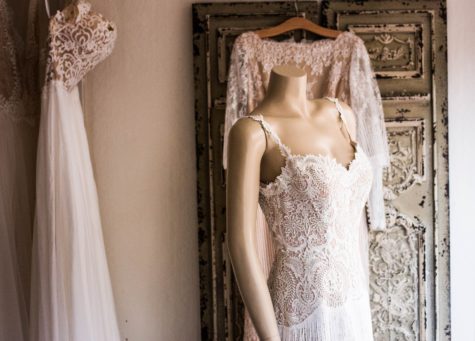VANCOUVER — They may appear creepy to some, especially when it comes to the ones without heads. Yet mannequins modeling the season’s latest arrivals are typically in tip-top shape and, as a new study finds, can be difficult on shoppers struggling with their own appearance.
Researchers at the University of British Columbia conducted a survey of consumers and found that those who reported low self-esteem were far more likely to have a negative reaction to the clothes on mannequins than those with high self-esteem.

“When that mannequin is an example of perfection, it reminds people who are vulnerable that they don’t measure up,” says study co-author Darren Dahl, a professor at UBC, in a university release. “The problem is the beauty ideal that mannequins represent. When people feel they don’t meet that ideal, their view of the product dims as well.”
Specifically, the participants in this survey were asked about their level of “appearance self-esteem,” or how they felt about the way they looked. They were then asked to evaluate clothing on mannequins.
Dahl and his team found that, when they made the mannequins appear less attractive by taking off their heads or removing their hair, the participants with low appearance self-esteem warmed more to the clothing the mannequins wore. When researchers praised participants and boosted their self-esteem before they saw the mannequins, the participants were then more likely to have a positive reaction to the clothes.
Mannequins are ubiquitous in clothing stores, but, before this study, little was known about how they affect customer behavior.
“When consumers know what pushes their buttons, it’s empowering,” said Dahl. “It lets people see what the product looks like on a body, but it doesn’t give them the full picture, which seems a little tougher for people to deal with.”
The study was published in the Journal of Consumer Research.

I can’t spend my life constantly worrying about all the neurotics I don’t know or even have any connection with and neither should anyone else. Help is out there. People get paid plenty for claiming to aid, even fix them.
Well for God Sakes let remove all mannequins…we can’t have the snowflakes getting upset and losing their dignity over a piece of plastic. What the heck is wrong with people these days?